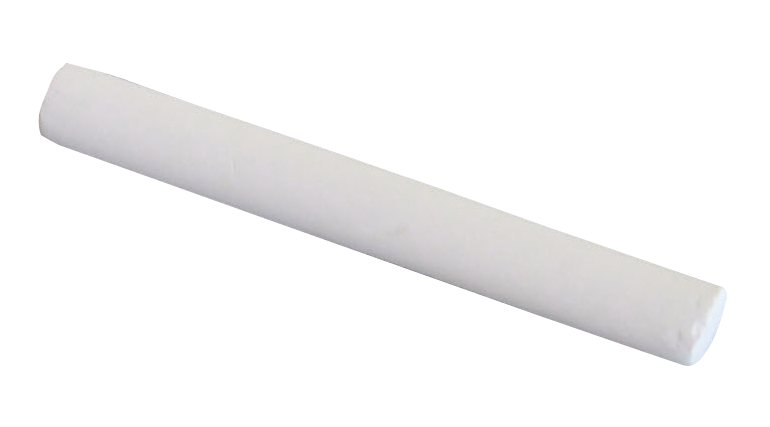
This image has format transparent PNG with resolution 770x427.
You can download this image in best resolution from this page and use it for design and web design.
Chalk PNG with transparent background you can download for free, just click on download button.
Chalk is a soft, white, porous, sedimentary carbonate rock, a form of limestone composed of the mineral calcite. Calcite is an ionic salt called calcium carbonate or CaCO3. It forms under reasonably deep marine conditions from the gradual accumulation of minute calcite shells (coccoliths) shed from micro-organisms called coccolithophores. Flint (a type of chert unique to chalk) is very common as bands parallel to the bedding or as nodules embedded in chalk. It is probably derived from sponge spicules or other siliceous organisms as water is expelled upwards during compaction. Flint is often deposited around larger fossils such as Echinoidea which may be silicified (i.e. replaced molecule by molecule by flint).
Chalk as seen in Cretaceous deposits of Western Europe is unusual among sedimentary limestones in the thickness of the beds. Most cliffs of chalk have very few obvious bedding planes unlike most thick sequences of limestone such as the Carboniferous Limestone or the Jurassic oolitic limestones. This presumably indicates very stable conditions over tens of millions of years.
"Nitzana Chalk curves" situated at Western Negev, Israel are chalk deposits formed at the Mesozoic era's Tethys Ocean
Chalk has greater resistance to weathering and slumping than the clays with which it is usually associated, thus forming tall steep cliffs where chalk ridges meet the sea. Chalk hills, known as chalk downland, usually form where bands of chalk reach the surface at an angle, so forming a scarp slope. Because chalk is well jointed it can hold a large volume of ground water, providing a natural reservoir that releases water slowly through dry seasons.
In this page you can download free PNG images: Chalk PNG images free download